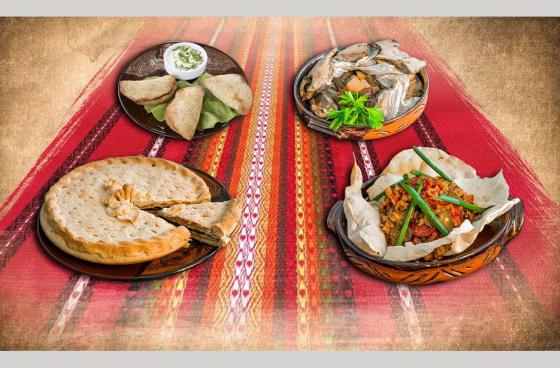Makli Necropolis is situated in the town of Makli, district Thatta, which is located on a plateau approximately 6 kilometres from the city of Thatta, the capital of lower Sindh until the 17th century. It lies approximately 98 km east of Karachi, near the apex of the Indus River Delta in south-eastern Sindh.
The Historical Monuments at Makli, Thatta, is a protected antiquity in terms of the Antiquities Act, 1975, passed by the Parliament of the Islamic Republic of Pakistan. The Constitution (18th Amendment) Act 2010 (Act No. X of 2010), bestowed the Government of Sindh with full administrative and financial authority over all heritage sites located in its province. The Culture Department of the Provincial Government of Sindh is responsible for the management and protection of the Historical Monuments at Makli, Thatta.









